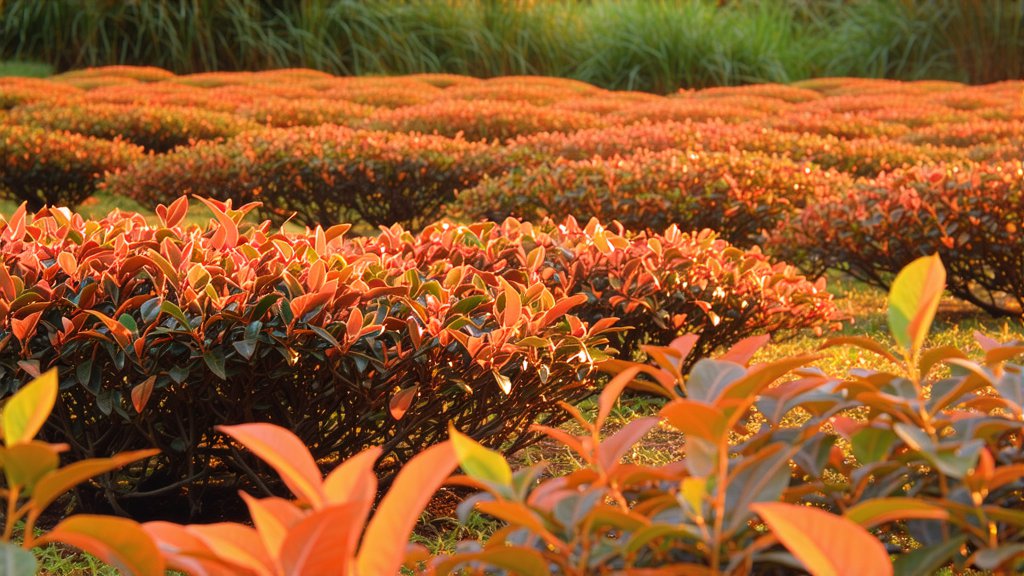
Keemun Black Tea, a treasure hailing from the picturesque Huangshan Mountain region in Anhui Province, China, stands as a testament to centuries-old tea cultivation and craftsmanship. This exquisite variety, named after the Qimen County where it originated, has captivated tea connoisseurs worldwide with its unique flavor profile and rich heritage.
History and Origins
The story of Keemun Black Tea traces back to the Tang Dynasty (618-907 AD), but it gained prominence during the Qing Dynasty (1644-1912) when it became a favorite in the imperial courts. Its name, "Qimen Red," directly translates to Keemun Black Tea, reflecting not only its place of origin but also the meticulous processing technique that sets it apart. The tea's journey from local farmers' fields to international acclaim is marked by tales of exploration, trade, and cultural exchange.
Varieties and Characteristics
Keemun Black Tea is primarily derived from the Camellia sinensis plant, specifically the Anhui subspecies, which thrives in the high-altitude, misty mountains of Huangshan. These natural conditions impart a distinctive character to the tea leaves, contributing to the unique flavors and aromas associated with Keemun. There are two main types of Keemun Black Tea: Gongfu (meaning 'skillful work') and Hao Ya (high-grade). Gongfu Keemun undergoes more extensive rolling and oxidation, resulting in a fuller body and stronger flavor, while Hao Ya retains a lighter touch, preserving a fresher taste and floral notes.
Craftsmanship: The Art of Making Keemun
The production of Keemun Black Tea is an intricate process that combines tradition with precision. It begins with the careful selection of tender shoots and leaves, typically plucked in early spring when they are most succulent. These leaves then undergo several stages:
-
Withering: Freshly picked leaves are spread out to wilt under the sun or in shaded rooms, reducing moisture content and softening the cell walls for better oxidation.
-
Rolling: The withered leaves are rolled to break down cell structures further, releasing enzymes that will facilitate fermentation.
-
Oxidation: Unlike green teas, black teas like Keemun undergo a controlled oxidation process where polyphenols interact with oxygen, transforming into complex compounds responsible for its dark color and rich flavor. This step can last anywhere from several hours to a day, depending on desired taste profiles.
-
Drying: Finally, the oxidized leaves are dried to halt enzymatic activity and lock in the tea's characteristic aroma and taste.
-
Sorting and Grading: After drying, the tea is sorted based on size and quality, ensuring consistency and purity across batches.
The Distinctive Flavor Profile
What truly sets Keemun Black Tea apart is its unparalleled flavor profile. A well-brewed cup reveals a symphony of tastes: sweet maltiness interwoven with hints of smokiness, complemented by subtle fruity undertones and a lingering finish that speaks of its mountainous terroir. The tea's amber hue and fragrant aroma add to the sensory experience, making it a delight for both novice and seasoned tea drinkers alike.
Appreciating Keemun: The Art of Tasting
To fully appreciate Keemun Black Tea, one must engage in the art of tea tasting or "nosing" and "tasting." Here’s a guide to enhance your appreciation:
-
Visual Appreciation: Observe the dry leaves, noting their twisted shape and deep brown color. Upon brewing, watch the liquor transform into a brilliant amber hue.
-
Aroma: Inhale deeply before sipping to detect the tea's complex bouquet. Note any smoky, fruity, or floral notes that arise.
-
Tasting: Take a gentle sip, allowing the liquid to coat your palate. Pay attention to the initial sweetness, followed by layers of flavor including maltiness, slight bitterness, and a smooth finish.
-
Mouthfeel: Assess the texture of the tea in your mouth—is it velvety, astringent, or somewhere in between?
-
Aftertaste: Reflect on the lasting impression left behind after swallowing. A good Keemun should leave a pleasant, lingering aftertaste.
In conclusion, Keemun Black Tea embodies the essence of Chinese tea culture—a harmonious blend of tradition, nature, and human skill. Its timeless allure continues to transcend borders, captivating hearts and palates around the globe. Whether enjoyed alone as a moment of tranquility or shared among friends in lively conversation, Keemun remains a cherished symbol of China's rich tea heritage.